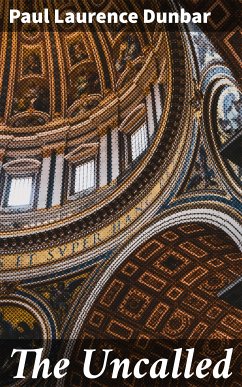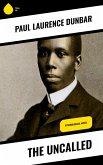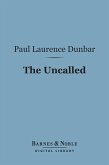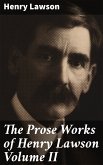In "The Uncalled," Paul Laurence Dunbar presents a poignant exploration of racial identity, love, and the complexities of human relationships in turn-of-the-century America. Dunbar's literary style interweaves verse and prose, utilizing rich symbolism and vivid imagery to delve into the emotional landscape of his characters. The narrative captivates readers with its lyrical quality, crafted through the authentic voice of African American experiences, while simultaneously engaging with the broader themes of social injustice and personal yearning prevalent during the Harlem Renaissance. Dunbar, one of the first African American poets to gain national recognition, drew upon his own experiences of navigating a racially divided society. His background as the son of former slaves deeply informed his writing, leading him to champion the dignity and struggles of Black Americans. This fostered a literary legacy that sought to uplift marginalized voices while critiquing societal norms, making "The Uncalled" a critical reflection of his time. For readers interested in exploring the intersections of race, love, and identity, "The Uncalled" is an essential read. Dunbar's masterful storytelling and lyrical prowess not only resonate with the heart but also provoke thoughtful discourse on the societal pressures that shape our lives. This is a work that deserves a cherished place in both historical and contemporary literary discussions.
Dieser Download kann aus rechtlichen Gründen nur mit Rechnungsadresse in A, B, BG, CY, CZ, D, DK, EW, E, FIN, F, GR, H, IRL, I, LT, L, LR, M, NL, PL, P, R, S, SLO, SK ausgeliefert werden.









